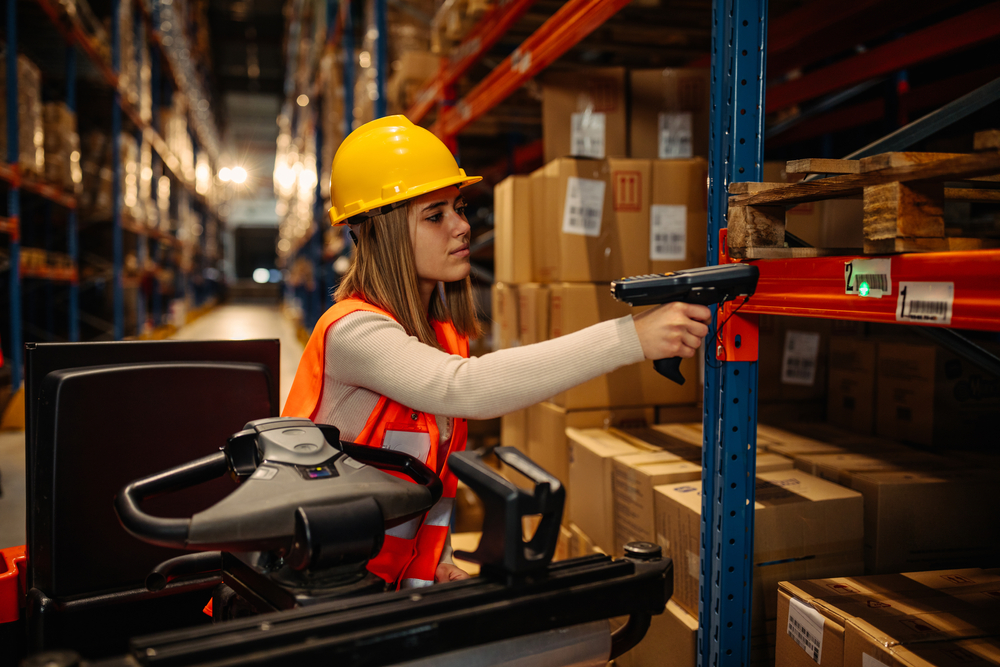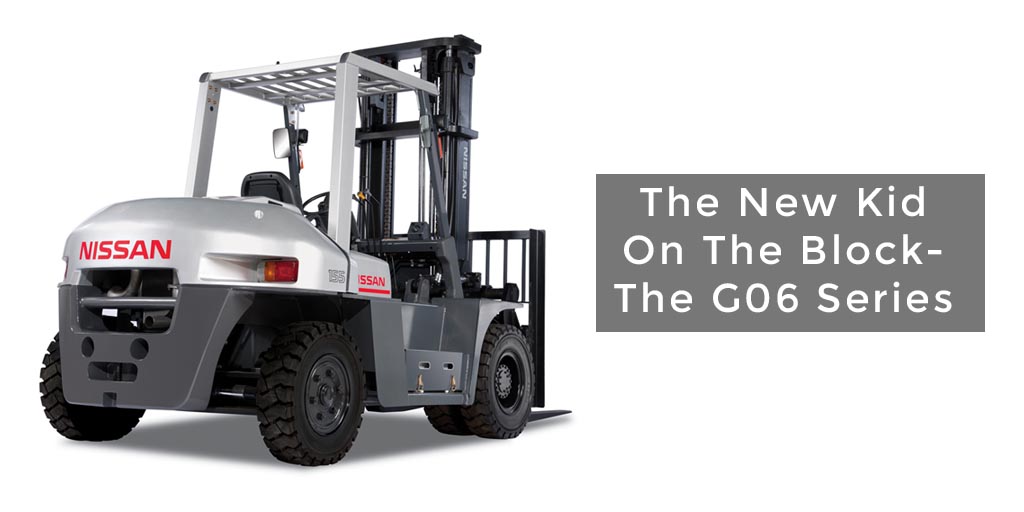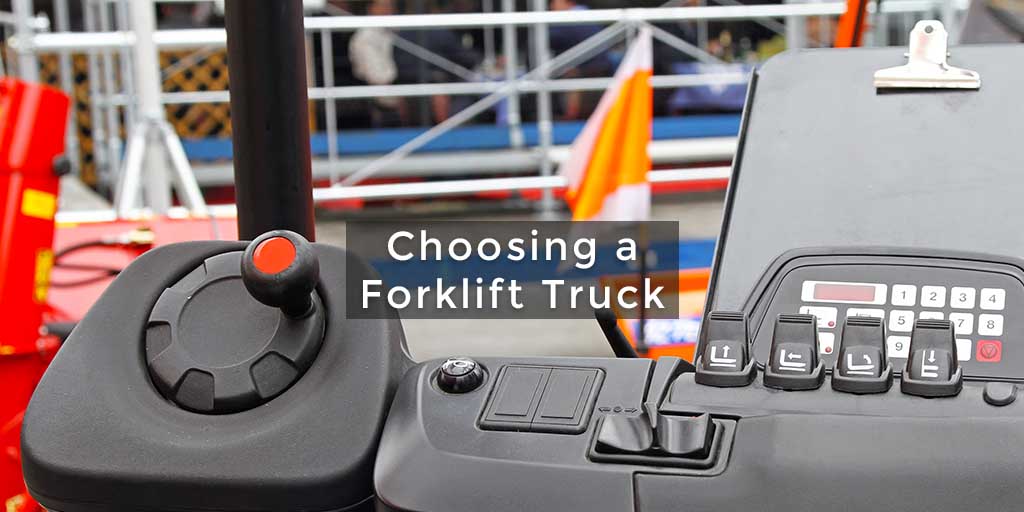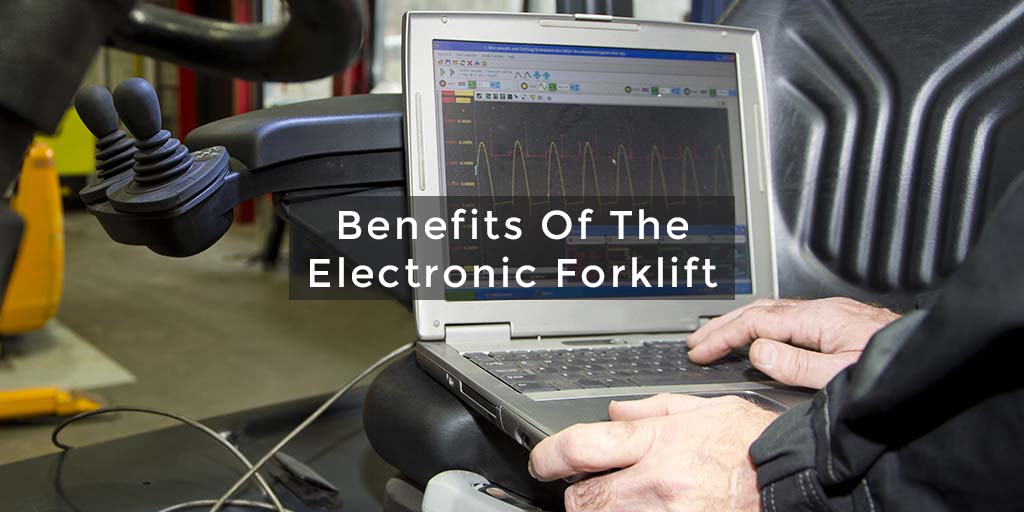
Just 12.8% of the construction industry is made up of women, and no more than 1% of them work on-site. With such a small number of women in construction, it’s no wonder there isn’t much information online when it comes to how safe it is for them to drive a forklift while pregnant. So whether you’re an employer seeking advice for a member of staff or need guidance as a female forklift driver, we’ve gathered everything you need to know about operating heavy equipment while pregnant.
Is it safe to operate heavy machinery while pregnant?
As some lift trucks can transmit whole-body vibration (WBV), it isn’t always safe to drive a forklift while pregnant. WBV is where the body is shaken or jolted by shocks and vibrations through the seat, floor, or structure of the vehicle. Prolonged exposure to WBV can cause back pain and increases the risk of the driver suffering a miscarriage if they’re pregnant.
The Health and Safety Executive (HSE) recommends that pregnant women should avoid work duties that involve uncomfortable levels of WBV or tasks that could shock or jolt the abdomen. This is because long-term exposure to WBV may pose an increased risk of premature birth.
However, the best piece of advice we can give to pregnant forklift operators is to always consult a doctor before operating heavy machinery. They’ll also be able to assist with any documentation for medical leave if needed.
Can a pregnant woman work in construction?
It’s typically safe for a woman to work in construction and drive a forklift while pregnant as long as they and their employer take appropriate action to remove, reduce, or control any potential risks.
If a pregnant forklift operator cannot continue with their usual tasks, the employer should consider implementing the following:
- Offer the member of staff alternative work (such as paperwork in the office)
- Adjust their working conditions or hours of work
- If neither of the above options are feasible, sign the employee off on medical leave to protect them and their baby
How many breaks should a pregnant woman get?
Due to the nature of work, women who drive a forklift while pregnant should be entitled to more breaks. This is because sickness, fatigue, and certain pregnancy symptoms such as frequent visits to the bathroom can cause lapses in concentration. The pregnant worker must agree the length and frequency of their breaks with their employer when informing them that they’re expecting.
Employers are also legally required to provide a pregnant woman with somewhere to rest, and lie down if necessary.
Using a forklift while pregnant
The following aspects of forklift operation can pose a risk to pregnant construction workers:
- Lifting heavy objects while pregnant
- Excessive noise
- Extremes of temperature
- Awkward movements and postures such as stretching to reach the controls
- Mental and physical fatigue
Ultimately, when deciding whether operating a forklift truck poses a risk to an expectant mother and should be avoided or reduced, employers need to consult the staff member’s doctor and any instructions provided by the lift truck manufacturer.
Found this article useful? Take a look at our blog for more forklift safety advice.









